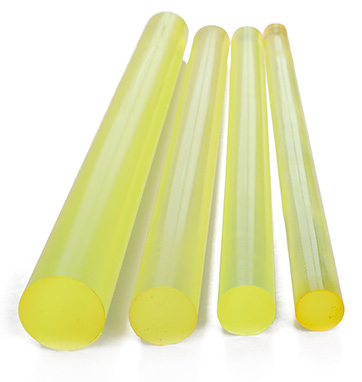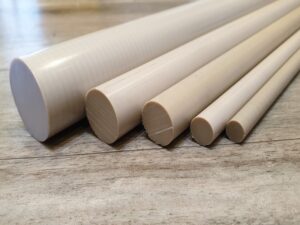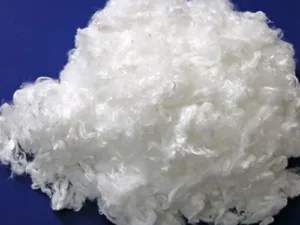Description
Polyurethane (PU): The Versatile Polymer Shaping Our World
Polyurethane (PU) is a powerhouse polymer, a material so versatile that you’ll find it underpinning countless aspects of modern life. From the comfortable cushion you’re sitting on to the durable coating protecting your car, PU plays a critical role, often unseen but always impactful. But what exactly is polyurethane, and why is it so ubiquitous?
A Polymer with a Thousand Faces
Polyurethane isn’t a single substance, but rather a family of polymers formed by reacting a polyol (an alcohol containing multiple hydroxyl groups) with an isocyanate. The key to its remarkable versatility lies in the wide range of polyols and isocyanates available, which can be combined in different ratios and with various additives to create materials with drastically different properties. This flexibility allows manufacturers to tailor PU to meet specific performance requirements, resulting in a vast array of applications.
The Secret to PU’s Success: Performance Characteristics
Several key characteristics contribute to polyurethane’s popularity:
- Durability and Resilience: PU is known for its ability to withstand wear and tear, making it ideal for applications involving friction, abrasion, and impact.
- Flexibility and Elasticity: Depending on its composition, PU can be incredibly flexible and elastic, allowing it to stretch and return to its original shape. This is crucial for applications like elastomers and foams.
- Versatile Hardness: From soft and pliable to incredibly rigid, PU can be formulated to achieve a wide range of hardness levels, catering to diverse needs.
- Excellent Insulation: PU foams are highly effective thermal and noise insulators, contributing to energy efficiency in buildings and appliances.
- Chemical Resistance: PU offers good resistance to many chemicals, solvents, and oils, making it suitable for harsh environments.
- Adhesive properties: PU can be formulated to be a strong adhesive, used in bonding various materials.
Where You’ll Find Polyurethane: Applications Galore
The unique combination of these properties makes PU a vital material across numerous industries:
- Foams: From the comfortable cushioning in furniture and mattresses (flexible foam) to the rigid insulation in refrigerators and buildings (rigid foam), PU foams are everywhere.
- Elastomers: These rubber-like materials are used in everything from skateboard wheels and industrial rollers to automotive components and seals.
- Coatings and Adhesives: PU coatings provide durable protection for surfaces against scratches, chemicals, and UV radiation. They’re found on wood floors, automotive finishes, and industrial equipment. PU adhesives are used to bond various materials in construction, transportation, and manufacturing.
- Textiles: PU coatings and fibers are used in textiles to make them water-resistant, breathable, and more durable. Think of waterproof jackets and synthetic leather.
- Automotive: Besides coatings and foams, PU is used in dashboards, bumpers, seals, and other automotive components due to its durability, flexibility, and lightweight nature.
- Construction: PU insulation is widely used in walls, roofs, and pipes to improve energy efficiency.
- Medical Devices: Certain types of PU are biocompatible and used in medical implants, catheters, and wound dressings.
The Future of Polyurethane: Sustainability and Innovation
While polyurethane boasts impressive properties, the industry is increasingly focused on sustainability and reducing its environmental impact. Efforts are underway to:
- Develop bio-based polyols: Replacing petroleum-based polyols with those derived from renewable resources like vegetable oils and sugars.
- Improve recycling methods: Finding effective ways to recycle PU waste and reduce landfill burden.
- Reduce VOC emissions: Minimizing volatile organic compound (VOC) emissions during PU production and application.
Conclusion: A Polymer Poised for Continued Growth
Polyurethane’s versatility, performance, and ongoing development make it a critical material in modern society. As industries continue to demand adaptable and sustainable solutions, PU is poised to remain a vital polymer, shaping the world around us in innovative and impactful ways. From comfort and convenience to energy efficiency and protection, polyurethane is a polymer that truly works for us all.











Reviews
There are no reviews yet.